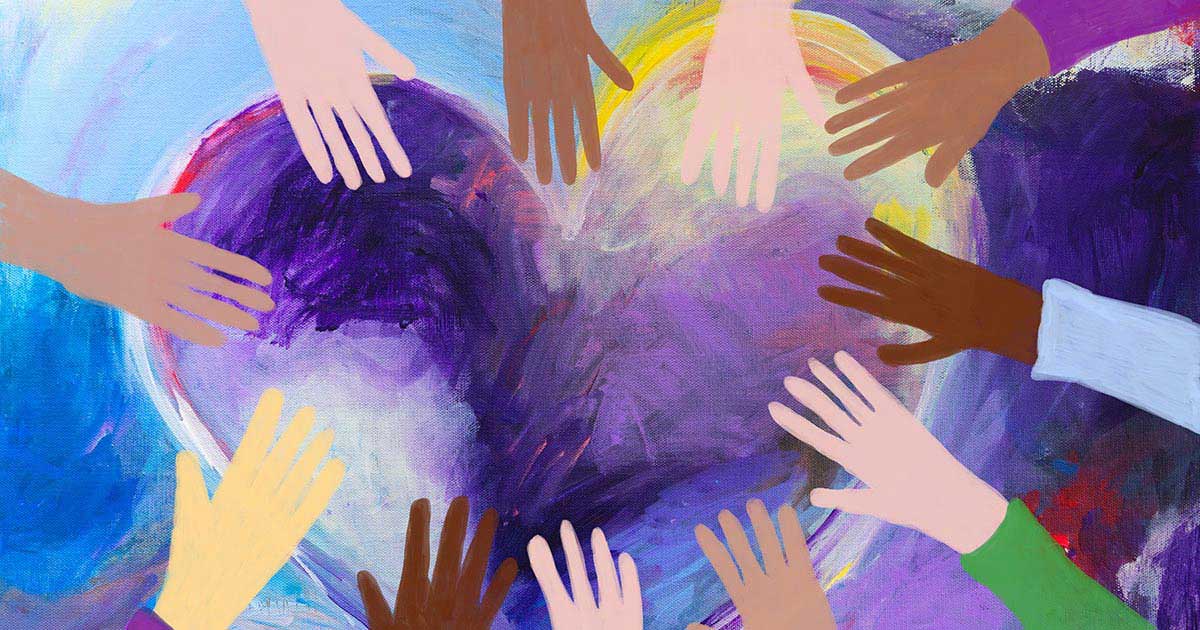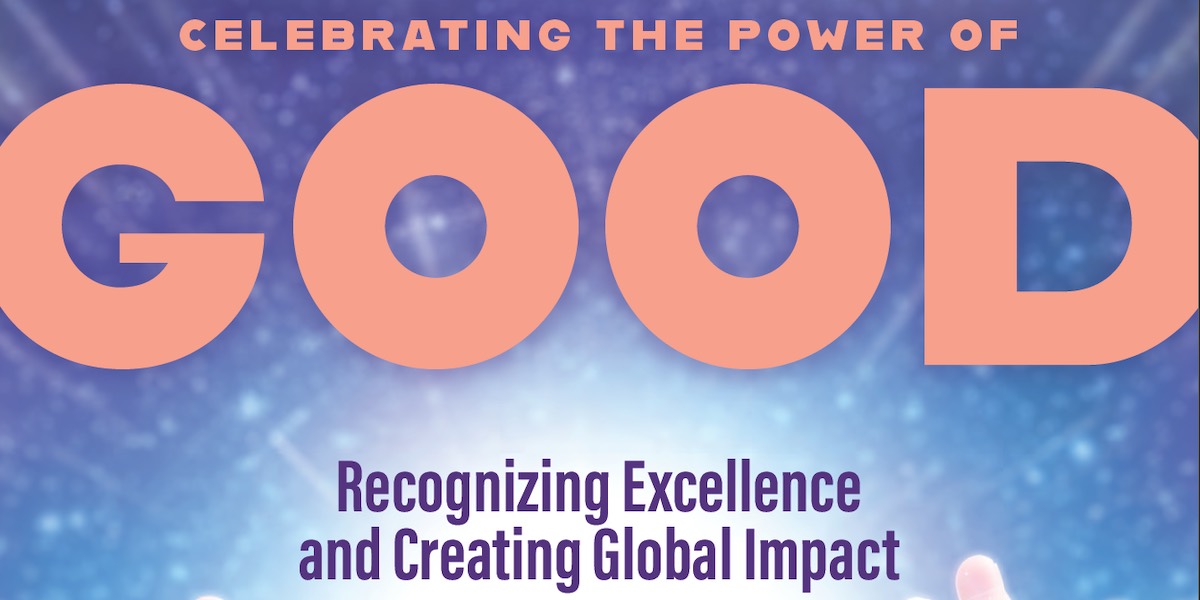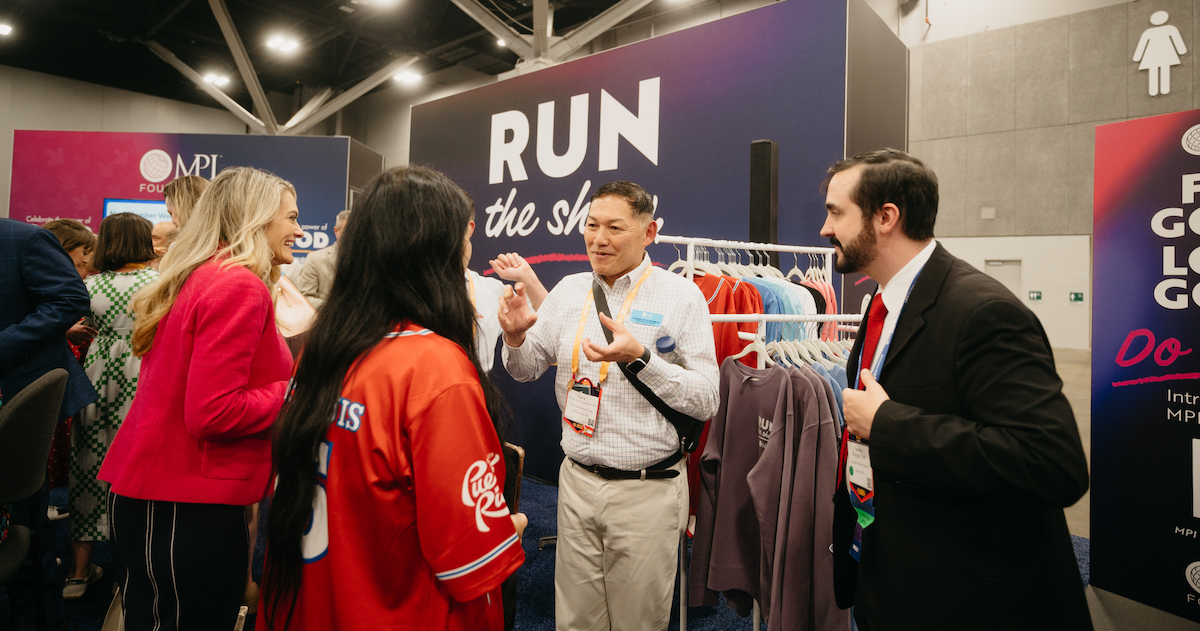There are many topics that make us all uncomfortable. Topics we are told never to discuss because of their potential to cause division. Yet, here we are in 2020, very divided, and it’s apparent we must tackle our discomfort without pads or a helmet. Let’s begin with POLITICS.
To properly conduct an examination, we want to do the following:
1. Define the word politics, accompanied by how we’ve heard it used.
2. Provide historical context of politics in the U.S.
3. Discuss why our industry needs more effective dialogue around this topic.
Definition
Using the Merriam-Webster's dictionary, there are two definitions that we would like to focus on for the purposes of this article. Politics is defined as:
- Political affairs or business, especially: competition between competing interest groups or individuals for power and leadership (as in a government).
- The total complex of relations between people living in society.
This vs. That
In competition, there is always a winner and a loser. Two opposing sides fighting for the lead, trophy or, in the case of government, power. These ego-driven forces often demand that we choose this or that, red or blue, black or white. The pressure to choose from binary options is problematic because it often clouds what really matters—justice, equity, diversity and inclusion.
Social Complexity
In response to how to address COVID-19 and anti-racism, many leaders have responded with, “That’s too political” or “What is the politically correct thing to do?” Both phrases indicate a fear to upset stakeholders, lose clients or destroy personal relationships—fear to face the potential contentious backlash from taking a stance in our socially complex society. Unfortunately, this fear too often leads to performative gestures or silence. The politically correct (PC) action is often disingenuous, lacking a sustainable strategy to affect real change. It’s performative in nature because it's done for attention, clout or to check a box on a list of socially responsible tasks.
Secondly, being silent is also problematic, as it screams a message of indifference that is louder than spoken words. So, is there a compromise, and if so, what is it?
History
Determining a compromise still seemingly results in winners and losers. Historically, the demand to end slavery and its expansion west divided the U.S. into three groups: individuals who were benefiting financially from slavery, abolitionists that recognized its cruelty and people who were indifferent. In the end, it was the enslaved that lost. They were trafficked, forced into free labor and deemed three-fifths of a human being only when the fight for government power ensued. At the founding of the U.S., wars over territory, real estate and products were seemingly justifiable, but the divide over the value of human life should have never been up for debate.
Why is This Topic Important to Our Industry?
Hospitality is a human-centric business. As professionals we seek educational development and certifications to provide us guidelines for assessing risk and managing crises. When contemplating the right thing to do when faced with challenges we are measured against the standards of being a reasonably prudent person. Our ability to provide due care is not to be tainted by biases or partisan perspectives in support of government leaders. The competition based on egos, popularity, delivery of promises or amount of money should not compromise our job of ensuring environments that protect all guests.
Risk Management & Emergency Response
The terms “political instability” and “political speaker” are referenced in the Events Industry Council (EIC) Manual, 9th Edition. These Risks (vulnerabilities) accompany different meeting aspects from destination to attendees; they are examples to help professionals conduct a Strength, Weakness, Opportunities, Threats (SWOT) Analysis.
In the past 20 years, September 11 and mass shootings may have prepared us for stepping up homeland security in the U.S., but no one could have predicted how valuable these assessments would be for current events. No one was prepared for America to be the destination with a human rights record that conflicts with an organizer’s commitment to social responsibility.
Here we are in 2020, very divided, and it’s apparent we must tackle our discomfort without pads or a helmet.
As professionals, we are socially responsible to our sponsors, stakeholders and guests. We are charged with being knowledgeable about ensuring their health, safety and wellbeing. We are held accountable for managing risks and having an emergency response plan. There is nothing too political or PC about these responsibilities.
According to the EIC Manual’s Domain C, the event professional has three choices when facing a risk:
- Accept/ignore the risk.
- Manage/mitigate the risk (which includes transferring the risk to someone else, such as insurance or contracts).
- Avoid the risk.
It is believed that many risks are easy to ignore due to low probability or avoidable because they are related to a natural disaster and/or technological cause. However, the frequency of events related to human causes due to the spread of the coronavirus and social unrest have increased. The choices made in how to face these risks result in very different consequences that are moral in nature.
Why We Can’t Afford to Avoid Talking About Politics
In the past three months, we’ve both engaged in podcasts, webinars, articles and lots of conversations around the topic of racial injustice. Like you, we’ve also been impacted by death, unemployment, cancellations of large conferences, travel plans and social gatherings. We’ve listened to speakers at both the Republican and Democratic national conventions, heard the divisive rhetoric from political parties intertwining their desire to win with racial tension and health concerns. So, we get it. These are exhausting and challenging times.
We believe that event professionals are afraid to talk about politics for various reasons.
We’re often told that politics is a taboo topic but fail to realize that decisions made by politicians impact our lives. While discussion about our perspectives can be ignored and avoided, how local regulations, executive orders and legislation impact those we serve is detrimental to the future of our industry.
MPI Resources for Equality and Justice: Furthering the Advancement of All Peoples
Managing and mitigating health and human rights are not to be distracted by competitive arguments to win a vote. Topics such as wear or don’t wear a mask, protest or riot, Black lives matter vs. blue or all lives matter cloud the fact that we have chosen a human-centric profession. We are required as professionals to make decisions unclouded by biases.
To effectively engage in dialogue about health, social injustice and their impact on mass gatherings, we must conduct a SWOT Analysis.
Using “it’s too political” as a shield to avoid the topics that could potentially turn into a debate between co-workers, partners and board members or awaiting the “politically correct” time to engage is disingenuous.
United We Stand, Divided We Fall
“A house divided against itself cannot stand. … I do not expect the house to fall … but I do expect it will cease to be divided. It will become all one thing or all the other.” - Abraham Lincoln, 1858
Division is at the foundation of this country. The framers divided from British monarchs, the South wanted to divide from the North and segregation divided human beings by the color of their skin. Contentions have been high since the 1600s, intertwining personal wealth with laws that impact civility and inclusion. The consequences before us now are centuries of unreconciled injustice. Even if you learned the three branches of government in school and know the U.S. Constitution by heart, this is the time to reflect and determine if you believe that human rights are a topic up for competitive debate.
In 20 years, future leaders will look back and ask the same questions. Are these topics that made our industry fragile really about politics or have we just used the term as a shield to avoid stating our values? We are not in competition with the people that we serve, we are in collaboration with them to provide the best possible experience. We are in collaboration with co-workers, partners, sponsors to reinforce a culture of belonging. We, as industry professionals, can exemplify what it means to be united.







